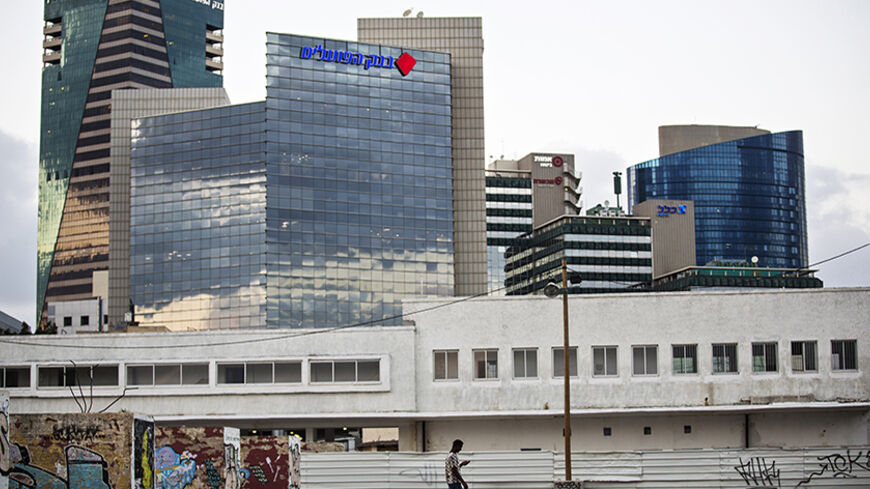As misfortune would have it, several Tel Aviv families have found themselves at the center of controversy over real estate valued at billions of dollars. To a certain extent, these families can count themselves fortunate to be living on one of the most expensive plots of land in Israel, if not the most expensive. Barring unexpected developments, the familes are supposed to reach an eviction agreement and to move elsewhere — or to be forcibly removed, without an agreement.
The story begins with the birth of the state. As the 1948 battles for Israel's independence were waning, several hundred Jewish families were sent to settle a swath of land in the north of Tel Aviv, which had emptied out after its Arab residents fled or were forced out. Its name was changed from the original Arab name "Jamousin" to the Hebrew, Givat Amal. The residents, who were asked by the authorities to move there from a poor section of southern Tel Aviv, built shacks, erected tents and began their new lives. But Tel Aviv was changing rapidly, it developed into one of the most modern and expensive metropolitan areas in the world. In recent years, dozens of spectacular high-rises have gone up, most of them in the north of town. They have attracted very wealthy Israelis and Jews from abroad who can afford to pay millions of dollars for apartments.


